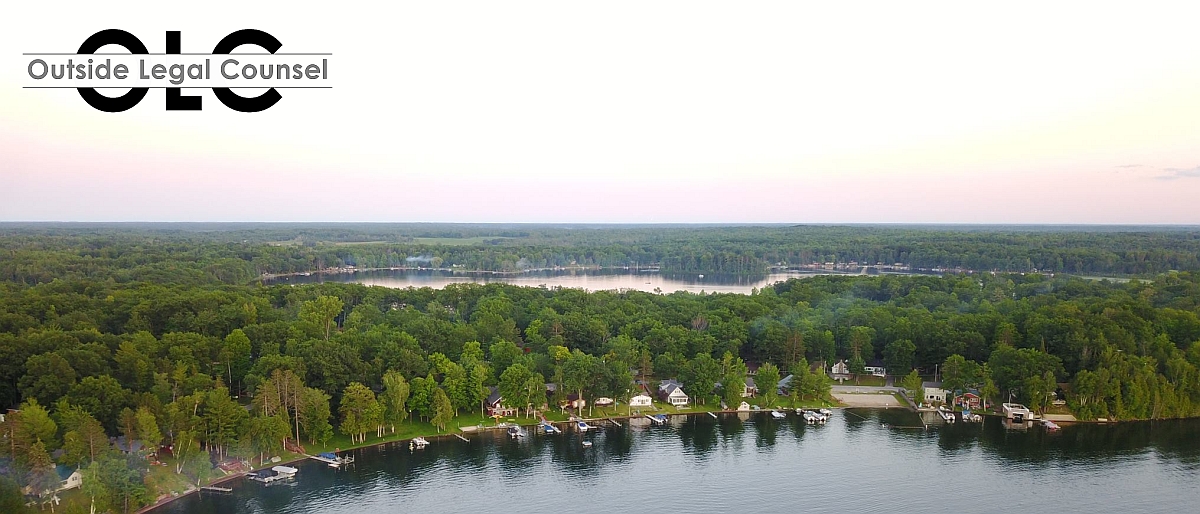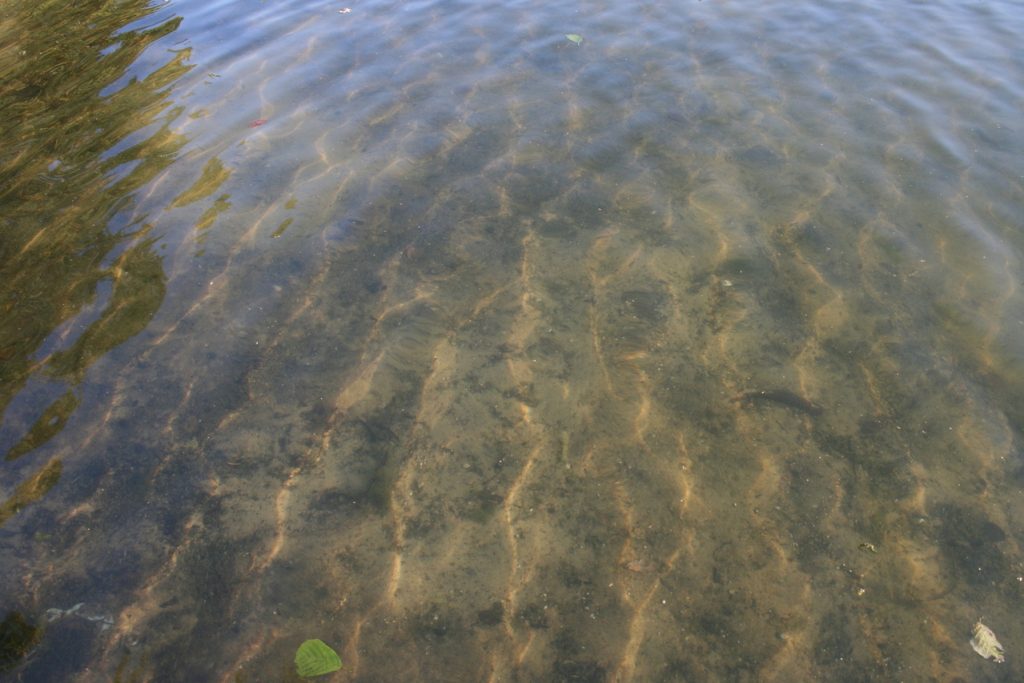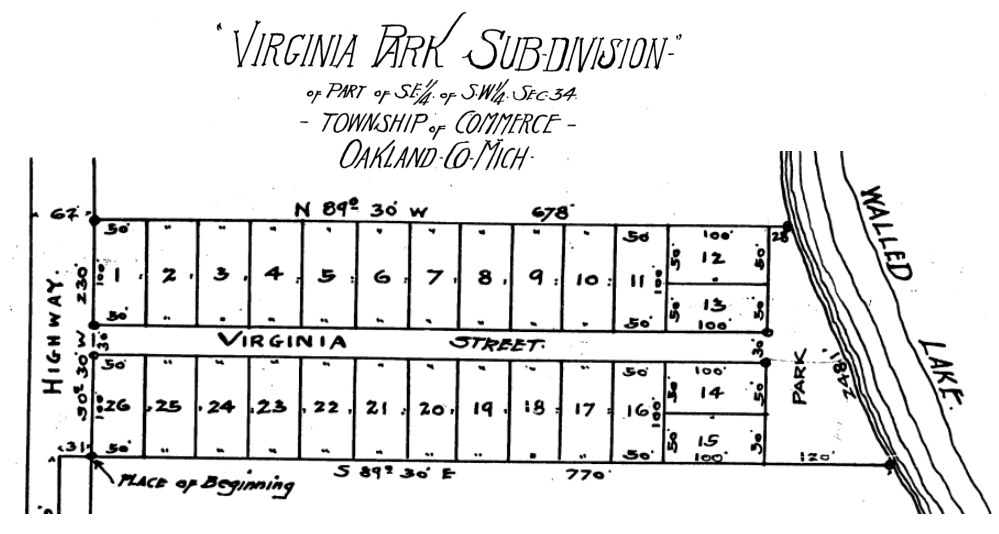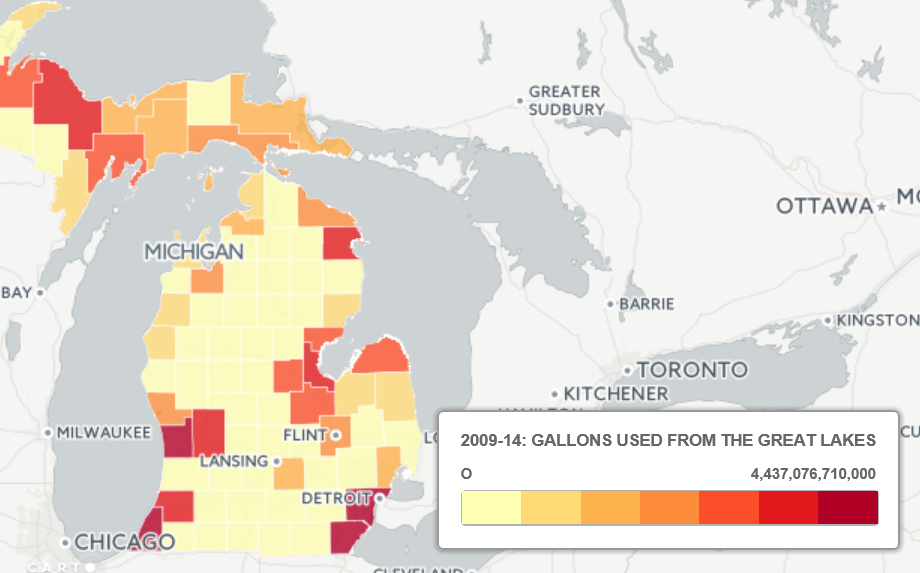In Westfall Heights Property Owners Association, Inc. v. Carr (No. 365165, Michigan Court of Appeals, April 7, 2025), the court affirmed a trial court’s ruling on riparian rights and dock usage in the Westfall Heights subdivision on Houghton Lake. The plaintiff, primarily representing riparian owners, sought to limit the use of Center and East Landings—dedicated in the 1940s plat for all lot owners—to loading and unloading passengers and cargo. The defendants, mostly nonriparian owners, argued for broader uses, including docking and mooring boats, consistent with a prior 1999 ruling (Haag v. Callard).
OLC’s attorney Philip L. Ellison was a part of this case and argued collateral estoppel applied as to Haag’s definition of “landing” (allowing docks, mooring, swimming, and picnicking) bound both landings, as the plat’s language showed no differing intent. The trial court agreed and rejected the Association’s claim of an intervening legal change, affirming that extrinsic evidence is only used for ambiguous dedications, which was not the case here.
Thereafter, a resolution between OLC’s clients and neighboring complaining plaintiffs were reached. Others did not have the same positive outcome which resulted in a trial.
At trial, the court found that the docks, operated as marinas due to fees charged for mooring, violated the Natural Resources and Environmental Protection Act (NREPA) by interfering with adjacent riparian owners’ rights. To remedy this, the court limited each landing to ten watercraft (five docked, five wet-anchored), ensuring compliance with NREPA and local zoning without requiring permits for private, noncommercial use. This balanced riparian and nonriparian rights, preventing overburdening of the landings. The Appeals Court upheld these findings, emphasizing the plat’s intent and the need to mitigate interference with riparian navigation and enjoyment, reinforcing precedent on communal lake access in subdivided properties.




